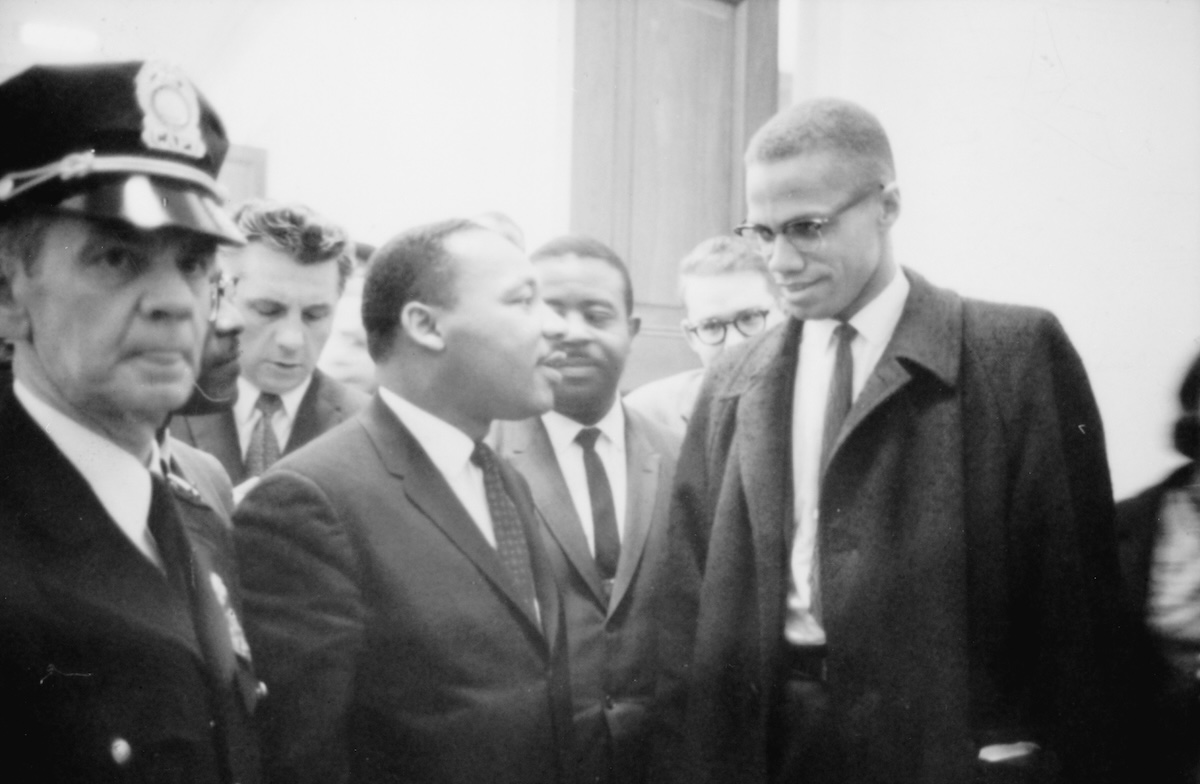The Media Made Malcolm X
Depicted as a dangerous extremist and a threat to the civil rights movement, black activist Malcolm X was as much a beneficiary of the media as he was its victim.

Teaching the civil rights movement to predominantly white middle-class students in England is a largely enjoyable but frustrating experience. The enjoyment comes from their conspicuous fascination with an episode in the history of the human struggle for justice that is truly inspiring. The frustration stems from their equally self-evident tendency to regard the topic as a moral exercise in which they get to play the ‘good guys’. Nothing illustrates the latter tendency better than their attitudes toward Malcolm X (1925-65). Every year without fail there are students who want to make him the cornerstone of their approach, or at the very least the counterpoint against which everything and everyone else is judged. By comparison Martin Luther King (1929-68) is fulsomely critiqued. With glue-like consistency, my students embrace Ella Baker’s comment that: ‘The movement made Martin more than Martin made the movement.’ From this starting point they readily move on to King’s male chauvinism and his tendency to accept plaudits for the work of others.
